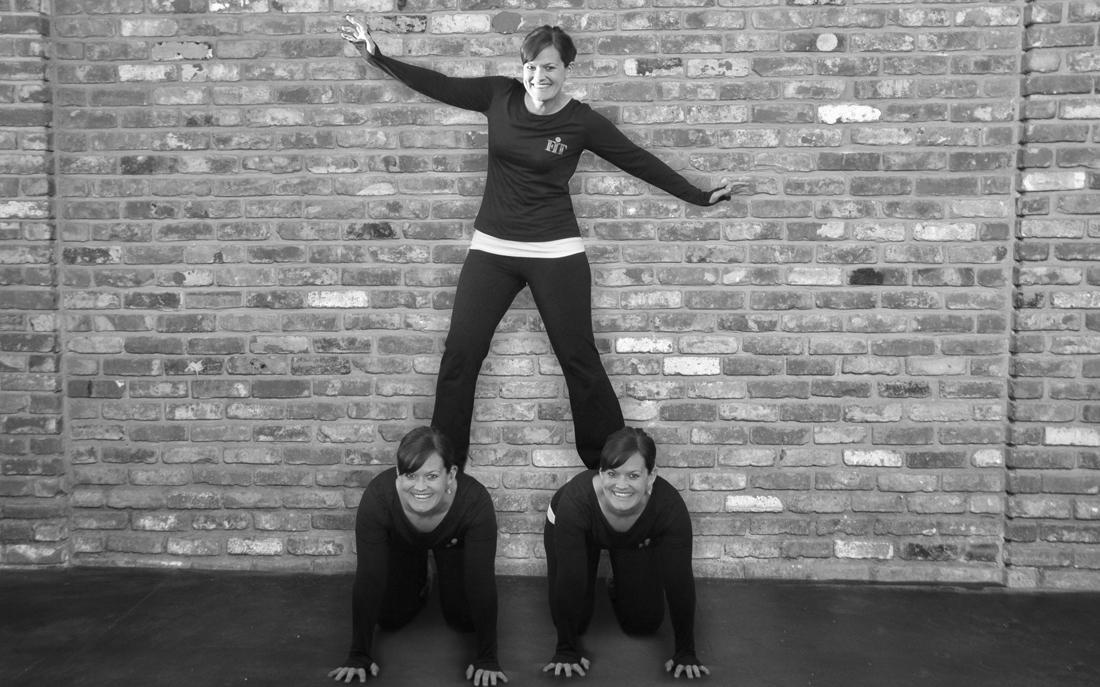When we talk about aging, the conversation often revolves around lifespan—how long we live. But there’s growing recognition that longevity isn’t enough if those extra years aren’t lived in good health. Here’s where the concept of Healthspan vs. Lifespan becomes vital. Healthspan is the number of years spent in good health, free from chronic illness or debilitating conditions. Prioritizing healthspan allows us to live with vitality and independence, making our later years as enriching as possible. And the best part? No matter your current age, you can start taking steps to extend your healthspan today.
What Exactly is Healthspan?
Healthspan differs from lifespan by emphasizing quality of life. While lifespan is the total years lived, healthspan reflects the years spent in good health. By focusing on healthspan, we aim to avoid chronic illnesses like cardiovascular disease, diabetes, and cognitive decline, often associated with aging. Renowned experts like Dr. Peter Attia stress that proactive lifestyle choices are essential for a robust healthspan.
Healthspan vs. Lifespan: Why Healthspan Is Crucial
A longer life isn’t necessarily a healthier one. Many older adults face chronic health issues that diminish independence and life quality. Healthspan addresses this by promoting functional independence, allowing us to live fully—whether it’s playing with grandchildren, traveling, or enjoying pain-free movement. Dr. Eve Henry emphasizes that striving for healthspan is about being “vibrant, not just surviving.”
Key Factors that Boost Healthspan
The good news? Many factors that enhance healthspan are within our control, including diet, physical activity, sleep, and stress management. Here’s how you can start:
1. Eating Strategy
A diet rich in vegetables, lean proteins, and healthy fats helps reduce inflammation and supports metabolic health. Diets that prioritize high-quality proteins and heart-healthy fats are linked to extended healthspan through anti-inflammatory benefits.
2. Regular Physical Activity
Exercise is a powerful way to preserve muscle mass, bone density, and cardiovascular health. Combining strength training with aerobic exercise combats age-related decline and significantly reduces disease risk.
3. Quality Sleep
Sleep is essential for body repair and cognitive health. Chronic sleep deprivation accelerates aging and raises risks of conditions like Alzheimer’s. Prioritizing good sleep hygiene—such as consistent bedtime routines and a restful environment—can help.
4. Stress Management
Chronic stress speeds up aging by increasing inflammation. Managing stress with techniques like mindfulness and regular physical activity can improve healthspan and overall well-being.
Critical Blood Markers for Healthspan Monitoring
Monitoring specific blood markers offers valuable insights into healthspan, allowing for proactive adjustments:
Glucose & Insulin Sensitivity: High glucose and insulin levels accelerate aging and disease risks.
Lipid Profile: Maintaining balanced cholesterol and triglyceride levels is crucial for heart health.
Inflammation Markers (CRP, IL-6): Chronic inflammation is linked to age-related diseases.
Hormonal Health: Hormones like testosterone and estrogen affect vitality, and tracking them can help manage age-related declines.
Vitamin and Mineral Levels: Essential vitamins and minerals, such as D, B12, and magnesium, are vital for bone health, immunity, and cognition.
https://focusedtrainers.com/2024/09/top-health-metrics-to-track-for-optimal-health/To learn more about important health metrics to track, check out this recent blog post.
Lifestyle Strategies to Extend Healthspan
Taking control of daily habits is essential for extending healthspan:
- Eat a Nutrient-Rich Diet: Focus on whole foods, reduce sugars, and prioritize healthy fats and proteins.
- Stay Physically Active: Include strength, balance, and aerobic exercises; consider community-centered activities for added mental health benefits.
- Commit to Quality Sleep: Practice good sleep hygiene prioritizing consistent bedtime and wake time.
- Proactively Manage Stress: Regular check-ins with loved ones, meditation, deep breathing, or yoga can improve resilience and reduce stress.
- Routine Health Check-Ups: Monitoring key blood markers regularly enables you to make informed adjustments for better health.
Conclusion: Elevate the Quality of Your Years
Focusing on healthspan ensures that extra years are spent with vitality, independence, and purpose. By committing to balanced nutrition, regular movement, quality sleep, effective stress management, and health monitoring, you can add both life and quality to your years. Remember, the goal is not only to add years to life but to add life to those years.
FAQs on Healthspan vs. Lifespan
What’s the difference between healthspan and lifespan?
Lifespan is the total years lived, while healthspan refers to the number of years lived in good health, free from chronic diseases or disabilities.
Why is healthspan important?
Focusing on healthspan ensures we maintain independence, vitality, and quality of life as we age. It’s about living actively and enjoyably, not just living longer.
What factors can improve healthspan?
A nutrient-rich diet, physical activity, quality sleep, effective stress management, and routine health check-ups are key. Monitoring blood markers like blood sugar, cholesterol, and inflammation levels also supports healthy aging.
How early should I focus on healthspan?
It’s never too early! Establishing healthy habits in your 20s or 30s creates a strong foundation for healthy aging.
What role does exercise play in healthspan?
Exercise helps maintain muscle, bone density, and cardiovascular health—critical for independence and function in older age. Strength and aerobic training reduce chronic disease risk and slow age-related decline.
Can diet impact healthspan?
Absolutely. Diets high in vegetables, lean proteins, healthy fats, and whole grains support metabolic health and reduce inflammation, which is crucial for longevity.
How does sleep affect healthspan?
Sleep is essential for the body’s repair and regeneration processes. Chronic sleep deprivation raises the risk of Alzheimer’s, cardiovascular disease, and obesity.
What are critical blood markers for healthspan?
Blood glucose, insulin, cholesterol, inflammation markers (CRP, IL-6), and hormone levels provide insight into aging health and disease risk.
Can healthspan be extended with a chronic condition?
Yes, healthspan can improve at any stage. Adopting healthy lifestyle habits can slow progression and improve quality of life, even with pre-existing conditions.
How do lifestyle choices impact genetics in aging?
Lifestyle choices can influence gene expression, known as epigenetics. Habits like regular exercise, a balanced diet, and stress management can reduce risks for diseases that may be genetically predisposed.
Are specific eating strategies beneficial for healthspan?
Eating strategies that prioritize whole foods, healthy fats, and lean proteins, support cellular health, heart health, and reduced inflammation.
How can I start extending healthspan easily?
Start with small, consistent changes. Incorporate more vegetables in meals, walk daily, or start a sleep routine. Consistency over time builds lasting health improvements.
How can I measure progress in healthspan?
Regular check-ups, tracking lifestyle metrics, and monitoring sleep, strength, flexibility, and mental well-being can indicate healthspan improvements.



















